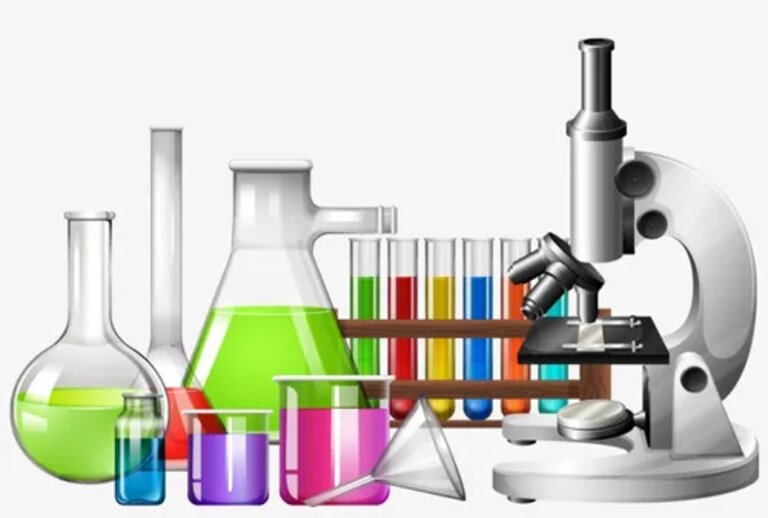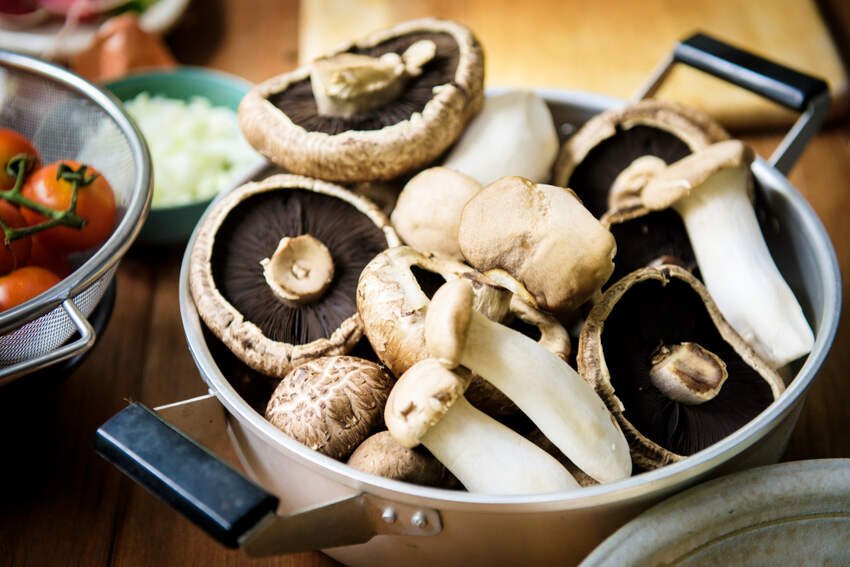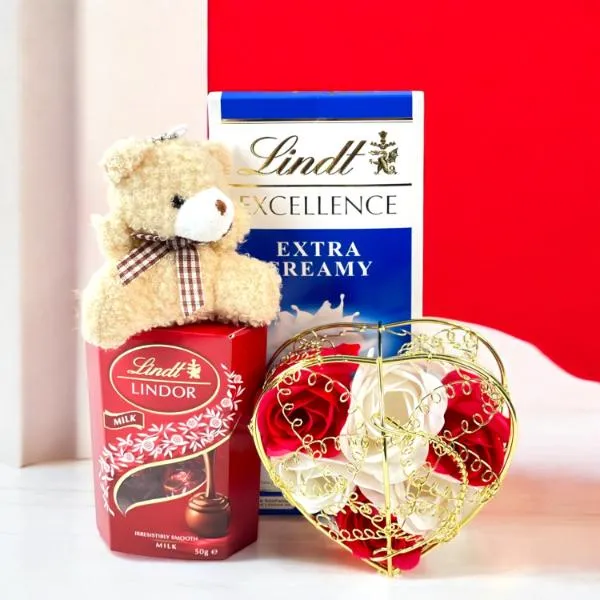Are you wondering where to get the most precise laboratory glassware? For every scientist, researcher, student, or anyone working in the lab with a purpose, the need for the most accurate laboratory glassware is ultimate. The expert laboratory glassware manufacturer, Science Lab Supply, meets this requirement exceptionally.
Every lab glassware of any size it manufactures reflects the high accuracy and exactness expected from glassware used in scientific experiments and measurements.
How Important Is ‘Precision’ When Selecting Laboratory Glassware?
Precision & accuracy is essential when selecting laboratory glassware. Every researcher investing their hard work, time, and patience requires laboratory glassware that provides 100% accuracy and reliability, which is necessary for scientific experiments and laboratory measurements.
Here’s why precision matters:
Accurate Measurements: Only top laboratory glassware manufacturers ensure that the Laboratory Glassware is manufactured to exact standards, ensuring its highly accurate dimensions and capacities.
This accuracy is crucial for obtaining precise volume, mass, temperature, and other parameter measurements.
Reproducibility: Laboratory glassware has universal application. Labs worldwide conducting scientific research need essential equipment so that experiments can be repeated by different researchers or in different laboratories with consistent results. Precision glassware helps ensure that measurements and processes can be replicated accurately.
Minimizing Errors: High-precision glassware reduces the likelihood of measurement errors.
Researchers cannot afford even minor variations in glassware dimensions. It can lead to significant measurement discrepancies, affecting the validity of experimental results. If the experiment’s validity cannot be verified, then the purpose of setting labs and conducting experiments is null.
Would you, as a researcher, like to risk the accuracy of your laboratory experiments because of poor-quality laboratory glassware? Scientific research aims to provide results that have full credibility with zero scope of error. They rely on glassware from top Laboratory Glassware Manufacturers in Kenya for this.
Quantitative Analysis: Quantitative analysis often involves using sophisticated analytical instruments such as spectrophotometers, chromatographs, or titration systems. These instruments rely on accurate glassware to deliver precise and reliable results. Any variation in the glassware could introduce errors in the entire analysis process.
Priority To Safety: A chemistry lab where every drop of potentially hazardous chemicals needs to be measured cannot afford glassware that does not provide precise measurements. This is because inaccurate volumes can lead to dangerous reactions or safety hazards. Precision glassware helps reduce these risks. The experimenter, when handling hazardous chemicals or substances, uses these types of glassware:
- Borosilicate Glassware
- PFA & PTFE Labware
- Quartz Glassware
- Safety Coated Glassware
- HDPE or PTFE-lined containers
Consider the specific properties of the chemicals involved, including their corrosiveness, toxicity, and reactivity, when selecting the kind of lab glassware for your lab experiments.
Besides using the right and highest-quality laboratory glassware, follow other safety protocols such as:
- Wear appropriate personal protective equipment (PPE),
- Work under a fume hood when handling hazardous substances to ensure accurate measurements and laboratory personnel’s safety.
Glassware By Laboratory Glassware Manufacturer Kenya
Before we discuss the entire range of laboratory glassware by Science Lab Supply, Kenya’s leading laboratory glassware manufacturer, here are some vital suggestions for handling laboratory glassware to get more from it:
- Inspect Before Use: First things first, before buying and before every use, check for cracks, chips, or any defects that could compromise its integrity. Damaged glassware is a big no and should not be used in any situation.
- Clean Thoroughly: Clean glassware immediately after use and rinse with deionized water to remove traces of cleaning agents as well.
- Avoid Harsh Cleaners: Use soft brushes, lint-free cloths, or cleaning solutions for laboratory glassware. It will enhance its shelf life further.
- Drying: Allow glassware to air dry or use a drying oven at a low temperature to avoid thermal stress.
- Handling: Lift glassware by the appropriate part, such as the neck of a flask or the base of a beaker, not by the delicate edges.
- Avoid Extreme Temperatures: Borosilicate Glassware can bear thermal shock, but frequent subject to extreme temperatures can lead to cracking.
- Use Correct Glassware: Talk to the customer support of Kenya’s top laboratory glassware manufacturers. They shall guide you on which glassware shall suit your experiment’s needs and goals.
- Label and Identify: Use permanent markers or labels that can withstand cleaning. It prevents cross-contamination and ensures accurate results.
- Store Properly: Use proper storage racks or cabinets to prevent breakage and dust accumulation. Ensure that glassware is adequately protected from physical damage and exposure to chemicals.
- Regular Maintenance: Periodically inspect glassware for wear and tear. Replace items that show signs of damage or reduced accuracy.
- Training and Education: Except for the researchers, not everyone may be properly trained in handling and caring for glassware. The supply division of top laboratory glassware manufacturers provides thorough training about cleaning procedures and the correct use of various types of glassware.
Follow these suggestions and extend the lifespan of your laboratory glassware, maintain its accuracy, and work safely in the laboratory environment. Proper care and handling contribute to more reliable results and reduce the risk of accidents and contamination.
Laboratory Glassware In Varied Size Range
- Beaker: Sizes range from a few milliliters to several liters.
- Flask:
- Erlenmeyer Flask: general sizes from 25 mL to 5,000 mL.
- Round Bottom Flask: from a few milliliters to several liters.
- Volumetric Flask: generally available from 1 mL to 2,000 mL.
- Test Tube: general sizes include 13×100 mm, 16×150 mm, and 18×150 mm. For other sizes, please connect with top laboratory glassware suppliers and manufacturers in Kenya.
- Graduated Cylinder: Sizes range from 1 mL to 2,000 mL or more.
- Burette: Typically available in sizes from 10 mL to 100 mL.
- Pipette:
- Serological Pipette: Common sizes include 1 mL, 5 mL, 10 mL, and 25 mL.
- Mohr Pipette: Available in various sizes, including 1 mL, 2 mL, and 10 mL.
- Micropipette: Available in microliter (μL) sizes, such as 10 μL, 100 μL, and 1000 μL.
- Petri Dish: Common sizes are 90-100 mm in diameter and 20 mm in height, but other sizes are also available.
- Watch Glass: Sizes range from small (e.g., 50 mm diameter) to large (e.g., 150 mm diameter).
- Funnel: Various sizes are available, from small funnels for laboratory use to large industrial funnels.
- Dropping Funnel: sizes typically range from 50 mL to 500 mL.
- Evaporating Dish: sizes available in 50 mL, 100 mL, and 150 mL.
- Viscometer: Sizes depend on the specific viscometer type and application.
- pH Electrode: available in various sizes.
- Reagent Bottle: Sizes range from small (e.g., 30 mL) to large (e.g., 2,000 mL).
Author Bio:
Precision in laboratory glassware selection is fundamental for obtaining accurate, reproducible, and reliable results in scientific research, quality control, and various laboratory applications. It is a cornerstone of scientific methodology and contributes to advancing knowledge and the safety and efficacy of products and processes. The expert laboratory glassware manufacturer, Science Lab Supply, meets this requirement exceptionally.














Leave a Reply